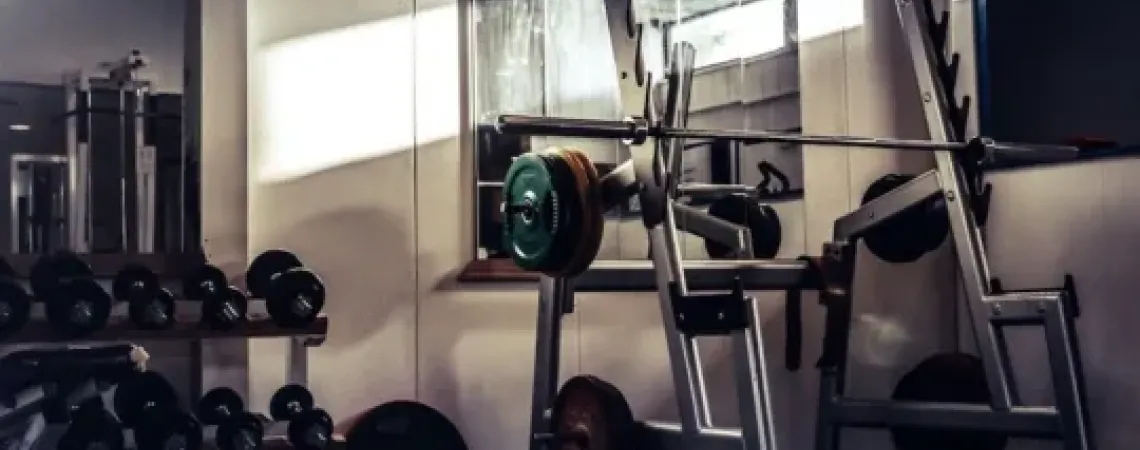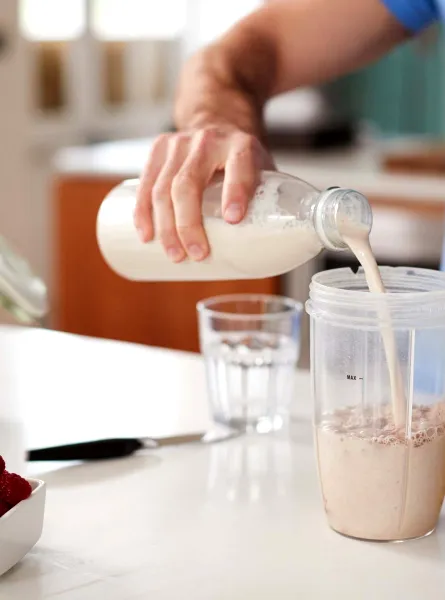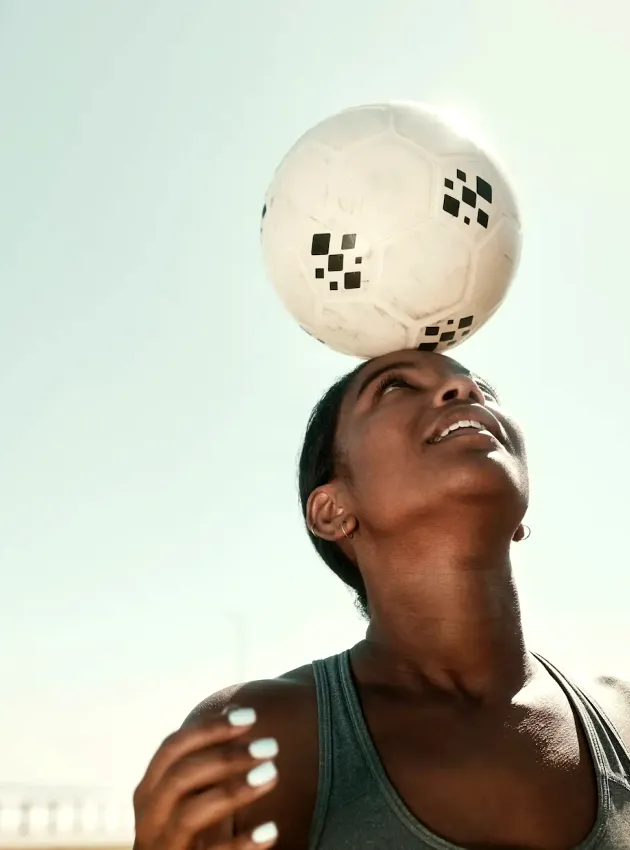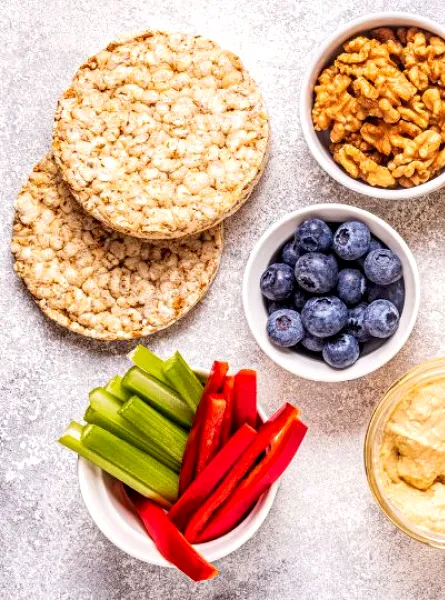
86 percent of Canadians say it's worth the effort to be physically active and 74 percent enjoy exercising once they do it. 50 percent also love staying on the couch and 42 percent struggle with motivating themselves to get moving.
A dietitian can help you regardless of which side of the spectrum you're on. They'll tell you how to fuel your body to move the way it needs to.
Read on to learn how a dietitian can optimize your workouts to make them more enjoyable and effective.
Creating A Balanced Diet
Dietitians work to develop a healthy eating plan for your body. It can help you lose weight and optimize your workouts.
They won't make you abandon any food groups. Their goal is to make sure you eat a balanced diet.
They can also help you decide when to eat. For example, they may recommend a light meal or snack before working out, water during, and a meal with carbs and protein after.
Setting Goals
It's not enough to decide that you want to improve your workouts; you also need to know how and when.
SMART is an acronym used to determine what type of goals you should set. It stands for:
- Specific
- Measurable
- Attainable
- Relevant
- Time-bound
A dietitian can use this method to help you set goals. They'll determine what you need to improve and recommend gradual plans. You may have to increase your efforts over time, but this gives you the best results.
Improve Athletic Performance
One in four Canadians participates in sports, but only 14 percent of them do so competitively.
You don't have to be an athlete to want to improve your athletic performance. Dedicating yourself to this pursuit makes all your workouts easier and more effective.
Your diet is one of the most important parts of the process. Your body needs a wide range of nutrients, and cutting any of them out to follow a fad diet will hurt your performance.
Healthy carbohydrates such as whole grains, wheat, and legumes are an important short-term energy source for short-term workouts. Eating them in the right amounts also helps with body composition and weight loss.
Glycogen is a form of carbohydrates stored in the muscles. It's essential for anaerobic exercise, so replenish it after a workout by eating carbs to help with muscle recovery.
Protein is essential for muscle growth and tissue repair.
There are approximately nine calories in one gram of dietary fat. It's one of the body's best reserves of energy, especially for slow, low-intensity endurance workouts.
Calories are the fuel that your body needs to stay alive. Getting the right amount helps you get through your workouts.
Your diet should provide essential vitamins and minerals such as iron. What you drink is also important because fluids replenish what your body lost through sweat.
A dietician can recommend the amounts of each of these essential components to include in your diet. They'll base your plan on your goals, age, and the types of workouts you do.
Where To Find A Dietitian
Exercise and food go hand in hand. You won't be able to reach the finish line if your body doesn't have enough nutrients to keep you moving. You can't burn off the calories you eat if you don't get moving.
A dietitian can help you optimize your workouts. They'll provide a diet plan that gives your body the nutrients it needs, recommend goals to keep you motivated, and help you improve your athletic performance.
EquipeNutrition - Team Nutrition has a team of experienced dietitians. Contact us today to see how we can help you reach your health goals.






